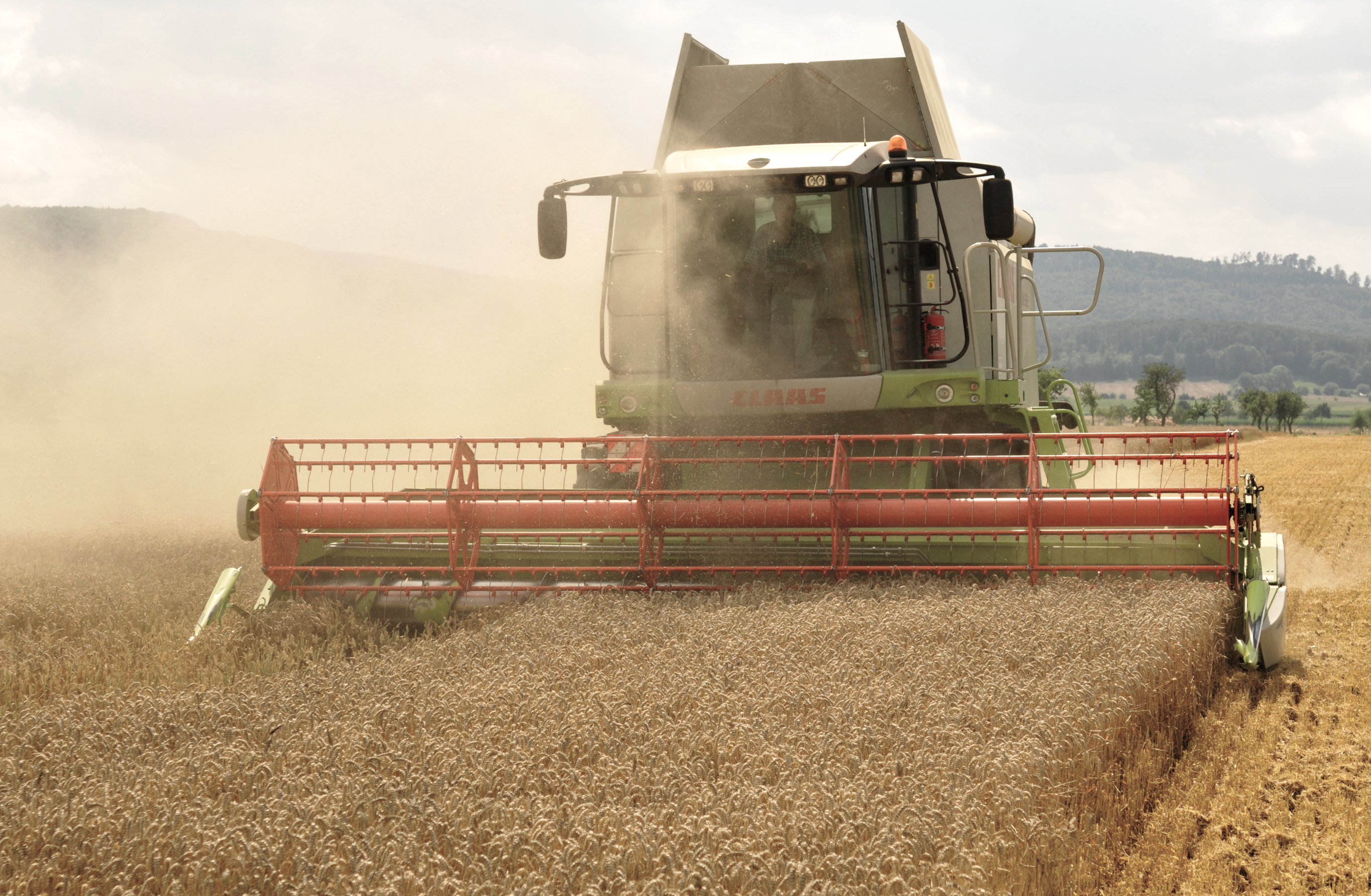From Hunter-Gatherers to Grocery Shoppers
Thousands of years ago humans were hunter-gatherers. Our ancestors lived off nuts, seeds, berries and meat. Over the years, crops were cultivated and we gradually moved away from these basic diets. As humans moved across the globe and our diets developed, so did our guts. However, it was also when this range of foods became part of our diets that food allergies, intolerances and diseases began to affect us.
Image- Christmasstockimages
Wheat is the grain that is most commonly used in the production of modern foods. Scientists believe that the first wheat was cultivated in Mesopotamia and the Nile Valley as far back as 8800BCE. It is believed that wheat soon began to spread, reaching India, Greece and Cyprus by 6500BCE and Germany by 5000BCE.
From the Bronze Age until the Middle Ages, Spelt (a species of wheat) became a part of peoples' diets across Central Europe. During the Age of Exploration, European explorers brought gluten-containing grains across to North and South America for the first time.
During the 18th and 19th centuries, developments in machinery led to the mass production of gluten-containing products, especially bread which had previously been home-made or bought from local bakeries.
Image- Michael Gäbler ~ Wikimedia Commons
In recent times, grains containing gluten have become mass-produced, even enhanced for the sake of productivity and profitability for food companies. Some researches believe that the genetic-enhancement of grains has lead to the spike in gluten intolerances and coeliac disease. However, it could just be the case that the knowledge wasn't there to diagnose people in the past.
One thing is for sure, our consumption of gluten-containing grains has changed drastically since the first wheat was cultivated. From locally produced grains and hand-made bread to the billions of packaged loaves the world consumes annually, we have certainly come a long way from hunger-gathering!
Image- veganbaking.net



Comments
Post a Comment